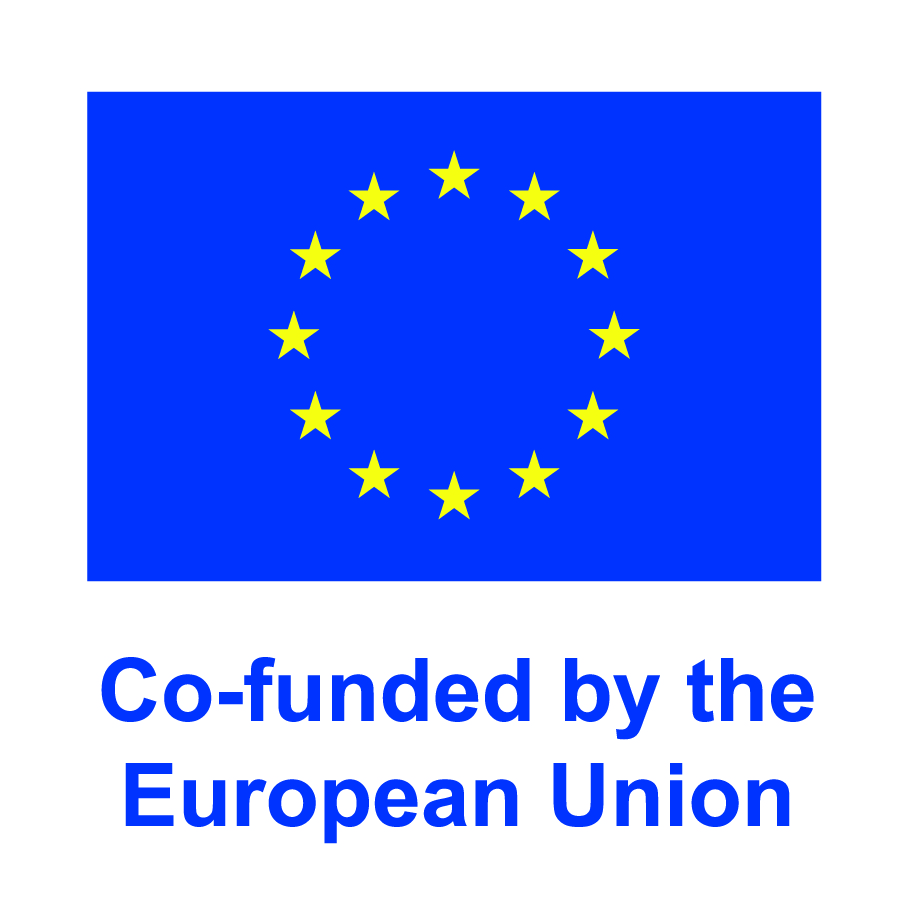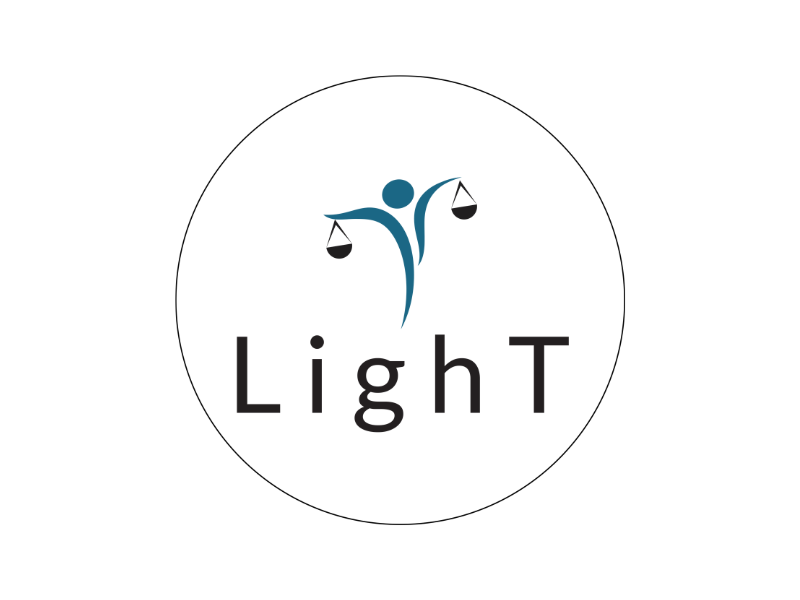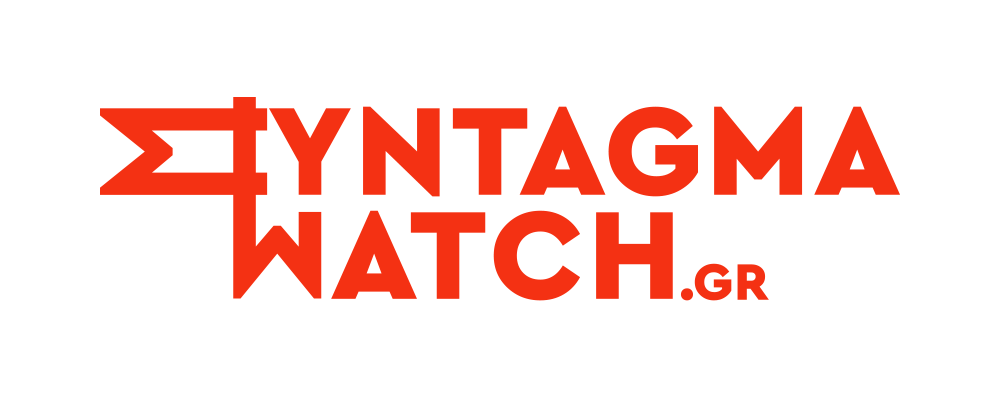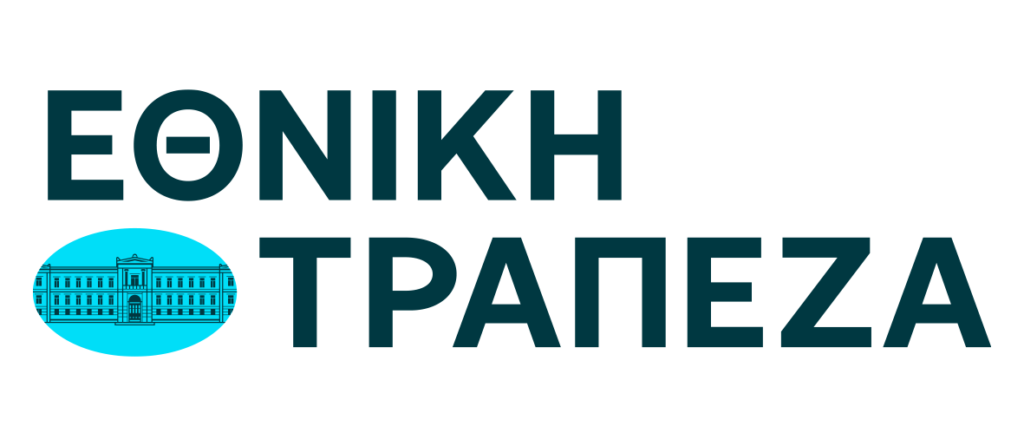Dear Friends and Stakeholders,
We are delighted to launch the first edition of our newsletter, as we embark on an inspiring journey to strengthen the rule of law in the European Union.
Our Vision
At the heart of our project lies a vision of Europe where the rule of law is not just a concept but a lived reality, where justice is accessible to all, and democratic values are upheld without compromise.
The LighT project (Litigating change: training lawyers on the EU rule of law acquis) is a timely and targeted intervention in the 5 EU Member States with the most pressing rule of law problems: Greece, Bulgaria, Hungary, Poland and Romania. Recognizing the leading role of lawyers as custodians of the rule of law and the protection of the fundamental rights of European citizens, the project will train 345 lawyers and 30 trainers following a participatory, interactive and transnational approach. The trained lawyers acting as multipliers will acquire the skills to become agents of change in their countries.
The project is implemented by the Center for European Constitutional Law – Themistocles and Dimitris Tsatsos Foundation, in collaboration with Akademia Leona Kozminskiego (Poland), Center for the Study of Democracy (Bulgaria), Tarsadalomtudomanyi Kutatokozpont (Hungary) and Asociatia Pro Refugiu (Romania).
What to Expect
In each edition of our newsletter, we will update you on the progress of the project and highlight key events and milestones. This newsletter will serve as a platform for dialogue, knowledge sharing, and an opportunity to engage with our project team.
Research key findings
In this newsletter, we will delve into the significant findings from our recent research across consortium countries, shedding light on the common challenges identified in the area of Rule of Law.
Our research has uncovered a complex web of common challenges that hinder the upholding of the rule of law and the effective functioning of democratic institutions in the consortium countries.
Some of the common challenges identified are:
Hostile Environment and Democratic Functioning: A recurring theme in the countries surveyed is the presence of a hostile environment, particularly in the judiciary, public administration, and the media. This encompasses concerns about checks and balances, the separation of powers, and the independence of the judiciary. The media landscape, intertwined with public discourse, often fosters this hostility, including hate speech against vulnerable groups.
Access to Justice and Independence of the Judiciary: Access to justice and the effective administration of justice in accordance with fair trial standards is a major concern in all consortium countries. Key issues include the appointment of the judiciary, corruption, misapplication of procedural safeguards, and excessive length of legal proceedings.
Respect for Fundamental Rights and Equality Before the Law: Participants in the LighT research have identified serious systemic violations of fundamental rights, such as pushbacks, abortion bans, and LGBTQ+ persecution.
Legal Uncertainty and Complexity of the Legal Framework: Legal uncertainty, frequent amendments to the legal framework, and ineffective public consultation processes complicate the work of legal practitioners and create general mistrust toward the law.
Disregard and Mistrust of EU Law: Legal uncertainty at the domestic level is amplified by a lack of knowledge and apprehension toward EU law, leading to inconsistent implementation of EU law across member states.
Stifled Civil Society: Civil society faces excessive restrictions, which limit civic space, impose barriers on activities, and curtail the right to public assembly. Strategic Litigation Against Public Participation (SLAPP) targeting journalists and human rights defenders is a concerning issue.
Limited Support to Lawyers: With the exception of the active Warsaw Bar Associations, many legal professionals feel unsupported by their Bar Associations, particularly regarding rule of law concerns.
These findings paint a comprehensive picture of the challenges faced by legal professionals and the rule of law in our consortium countries. Understanding these common themes is the first step toward developing effective strategies to address these issues and strengthen the foundations of democracy and the rule of law.
Thank you for joining us on this remarkable voyage and stay tuned for the steps that lie ahead.

Funded by the European Union. Views and opinions expressed are however those of the author(s) only and do not necessarily reflect those of the European Union. Neither the European Union nor the granting authority can be held responsible for them.


